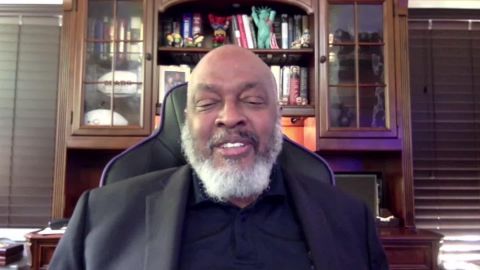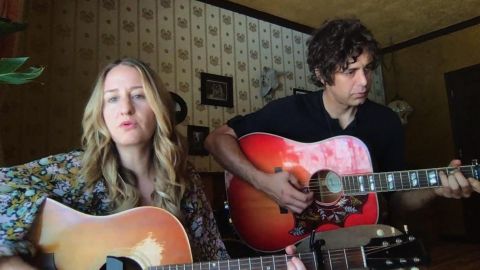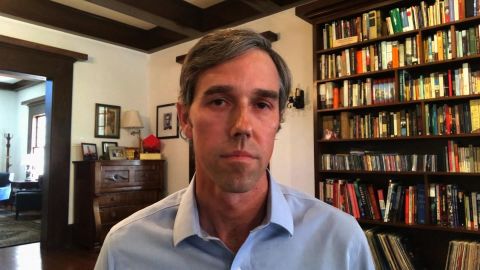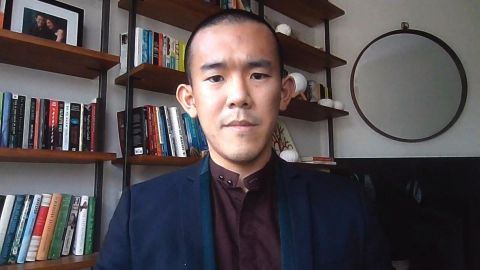Read Transcript EXPAND
CHRISTIANE AMANPOUR: So, let me ask you, because, look, it’s not easy to do it, and we just talked about the misogyny and how you actually forged your own path towards getting your albums first published. I mean, you had to do it on the Jack White label, one of the first ones. You did a different route to what others have done. Does that protect you? Does that give you the space to be able to be as political as you are? Or has it been difficult?
MARGO PRICE, SINGER/SONGWRITER: Well, I definitely think I have lost some fans by some of the things I said. My first album, “Midwest Farmer’s Daughter,” which my husband sold the car for, and we kind of went all in, that was more about my personal story and about — it was kind of anti-establishment with the music business. And then my second album, “All American Made,” where I spoke out about the pay gap and asked how the president sleeps at night, that definitely threw people for a loop. And I think I have just been kind of weeding out those really narrow-minded fans. And I’m just kind of trying to follow my gut and navigate things the best I can just through following my heart. And especially with everything that’s going on now, I have really been wanting to help elevate the voices of Black Lives Matter. I spoke on the Opry this Saturday night, and made some comments about the Black Lives Matter movement. And I definitely got a lot of negative response from some people, but the Opry themselves was very supportive. And I hope that some of these institutions are kind of coming around to doing things a different way and to realize that we all need to be united in this country to move together.
AMANPOUR: Yes. I mean, look, you raise a really important matter of social justice that has been again raised by the killing of George Floyd. Maybe not country, but so much music depends on black artists and black creative genius. How do you see music’s role in joining this fight for racial justice?
PRICE: Well, I think that country music owes a great deal of debt to black artists and black music. The blues and folk and even the banjo came from Africa. And I think there’s been so many misconceptions of where country music comes from and who plays it. Hank Williams was influenced by black musicians, Johnny Cash. But the list goes on and on. And I think that, as far as the bigger picture, no matter what your medium is for telling your songs and your stories,
About This Episode EXPAND
Christiane speaks with Beto O’ Rourke about the politics of coronavirus in his home state of Texas. She also speaks with The Atlantic science writer Ed Yong about the latest on the virus and musicians Margo Price and Jeremy Ivey about Price’s new record. Walter Isaacson speaks with retired three-star General Vincent Stewart about why he chose to speak out about racism.
LEARN MORE



